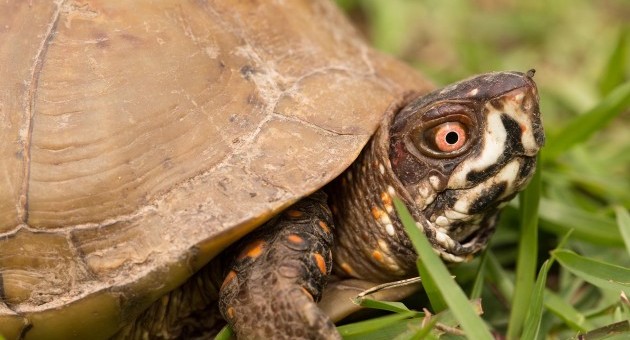A RESEARCHER’S THOUGHTS ON ANIMAL USE
Professor Morrison’s odyssey with animals began in his childhood, but it took an abrupt and alarming turn in 1981. That year, Dr. Edward Taub, another neuroscientist, was accused of animal cruelty and Morrison made the momentous (and courageous) decision to testify on Taub’s behalf at his trial. That testimony brought him to the attention of extremists who opposed animal research and to a position of leadership among researchers for his willingness to speak out. Even as radicals trashed his laboratory, harassed his neighbors and colleagues, and accused him of torturing the cats used in his research, he persevered to become a leading spokesman for biomedical research and for good animal welfare practices in laboratories.
Odyssey is partly a story of Morrison’s role as defender of animal research and partly a thought-provoking self-examination of his own perception of the human-animal bond in all of its forms. However, the core of the book is a wonderful glimpse into the laboratory and the dedicated researchers who make medical progress possible. Although others have written of Taub, John Orem, Thomas Gennerelli, and Morrison himself, none have done so as insiders who can speak with authority on the canons of research and the character and dedication of those who do the work.
The chapters “Doing Science” and “Biomedical Research and Its Animals” are gems that could be used to counter animal rights propaganda about biomedical research in high school biology classes and curb the rush to do away with dissections. In these chapters, Morrison points out that society’s raised consciousness about animal welfare has not necessarily resulted in greater knowledge about animals themselves, and he immediately sets out to dispel misunderstandings about the goings on in the laboratory. He explains often haphazard processes involved in moving from an idea or a point of curiosity to the discovery of new drugs, procedures, and perhaps whole new fields of medicine, mainly by following his own investigations of brain activity during sleep, first with cats, then with rats and mice. This personal tour brings home the complexities of “doing” science and the personal commitment and compassion of the scientists.
Following his tour of the laboratory, Morrison debunks the writings of animal rights activists who fudge research data for their own purposes and chronicles the history of modern animal rights activism. He delves into the nature of animals and explores other reasonable uses of animals for food, fiber, entertainment, and sport. All the way, he emphasizes that the welfare of the animal must be a high priority even as he reaffirms his belief that man has the right to use other species for his own benefit.
Odyssey is not an emotional defense of animal use although it is loaded with introspection about animals and peppered with personal thoughts and observations. Unlike the activists who use sensationalism and hyperbole, destroy property, and defame and harass researchers and their families, friends, and supporters to make their case against research, Morrison makes an ethical, moral and sensible argument for biomedical research even while cutting moderate activists some slack. The book is invaluable for anyone who wants to understand lab animal medical research as well as for the lawmakers and policy wonks who will write laws and regulations to govern research activities.
-Norma Woolf, NAIA Editor
 |
Like this article? Don’t forget to share, like or follow us |
 |
NAIA WEEKLY ROUNDUP
FEATURED & LATEST ARTICLES
GET THE NAIA WEEKLY ROUNDUP VIA EMAIL FOR FREE
Stay Connected with The NAIA: Sign Up for The Weekly Roundup
Join our FREE newsletter and community of animal advocates and receive The NAIA Weekly Roundup straight to your inbox. Stay in the loop with the latest news, events, and ways you can make a difference in the lives of animals. Sign up now to stay informed to create positive change!
Sign Up




 A Question of Neglect, A Legendary Primatologist Passes Away, and More!
A Question of Neglect, A Legendary Primatologist Passes Away, and More!
 Shelter Spay Pushback, A Contentious Ostrich Cull, and More!
Shelter Spay Pushback, A Contentious Ostrich Cull, and More!
 Bad Dog Stories, Goodbye Cephalopod, and More!
Bad Dog Stories, Goodbye Cephalopod, and More!
 A Conference Call for You, A Fallen Elephant, and More!
A Conference Call for You, A Fallen Elephant, and More!


